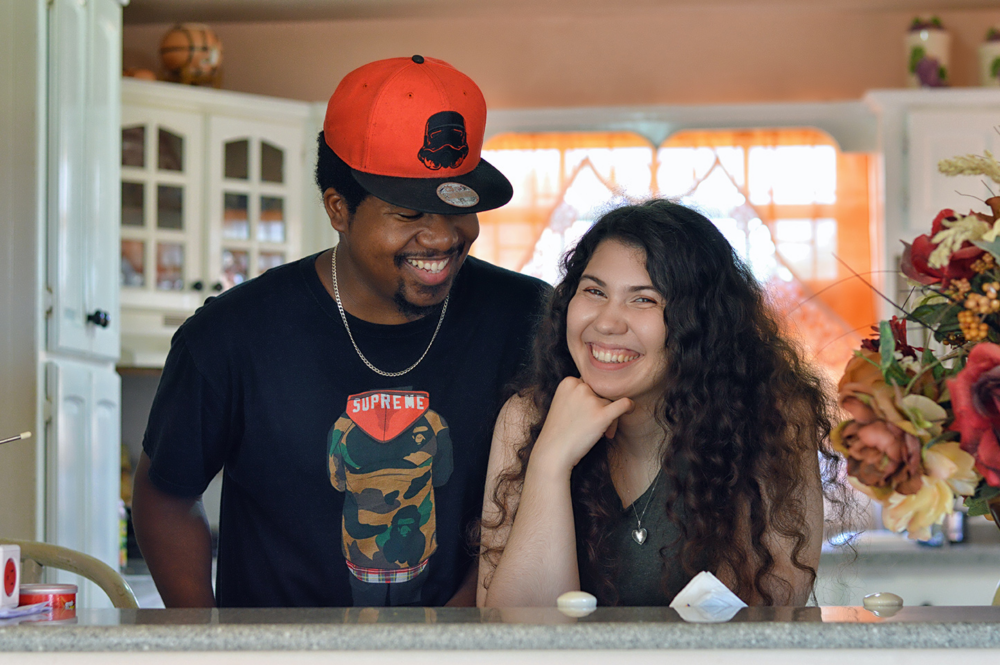Five Years after the Killing of Mike Brown, the Ferguson Uprising, a New Report Highlights a Group of Ferguson, MO, Activists Successfully Working Since 2014 to Change Policing Practices and Rise to Positions of Authority

FERGUSON, MO – As the nation marks five years since the police killing of teenager Mike Brown and the series of protests known as the Ferguson Uprising, a report released today by Advancement Project National Office points to how a hyperlocal group of Ferguson activists have been changing the City’s unconstitutional policing and criminal legal system practices. This group of residents and allies, now known as the Ferguson Collaborative, have spent the past five years putting the pressure on local and federal policymakers and courts, ousting a court-appointed official, rallying for the dismissal of thousands of municipal court cases and positioning themselves in powerful seats – including the Ferguson City Council.
The report, “The Genius of Ordinary People: How the Ferguson Collaborative Became the Voice of the Community,” points to how community members empowered themselves to take the lead in reimagining justice – and seeing it come to fruition. Further, the report details how group members risked their lives and livelihoods, worked with a reluctant Department of Justice to hold accountable the City of Ferguson and federal government, and demand transformative change.
“As freedom fighter and civil rights activist Ella J. Baker said, ‘strong people don’t need strong leaders.’ Advancement Project National Office believes in the genius of ordinary people and their power to build movements without asking permission. The Ferguson Collaborative has done just that,” said Judith Browne Dianis, Executive Director of Advancement Project National Office. “What the Ferguson Collaborative has done, and is doing, must be considered as a model for communities of color across the country on being heard, seen and taken seriously.”
Since the killing of Brown at the hands of Ferguson Police Officer Darren Wilson in 2014, the Ferguson Collaborative has worked to add the community’s voice to the consent decree process – a lengthy procedure that typically does not allow community-member input at court hearings. Ferguson Collaborative members, with legal advice from Advancement Project, won the right to testify in federal court, created a community-based process to appoint a monitor for the DOJ consent decree and shone a spotlight on irrational spending and lack of accountability by an assigned court monitor.
“We’re proud to support the Ferguson Collaborative’s remarkable accomplishments and have been thrilled to partner with them since the Uprising, offering guidance, listening to their needs and helping them advocate for their demands in court,” said Thomas B. Harvey, Justice Project Director for Advancement Project National Office. “This report is an effort to detail the extreme measures the Ferguson Collaborative went to in the name of public safety – real public safety vs putting more cops in streets – and is a testament to how communities can build power. And the fight is not over.”
The Ferguson Collaborative was first a group of like-minded residents and allies angered by the killing of Brown. They understood that the police killing, the unjust policing that took place during the months of protest, and the arrests of innocent people that occurred were all part of structural racism. The all-volunteer group is made up of generations of residents who have regularly attended City Council meetings, Neighborhood Police Steering Committees, county meetings and town halls to demand change. The group of neighbors and allies banned together to impact an extremely reluctant DOJ to change the review standard to dismiss municipal court cases ,unencumbering Ferguson residents who needlessly faced fines, fees, arrests, and potential jail time.
“The events of August 9, 2014, and its aftermath have reminded me that we not only have wealth and educational inequities in Ferguson but a pervasive racism that is not only in us as individuals but in our social structures,” John Powell, Ferguson Collaborative Member says in the 28-page report.
In total, the Ferguson Collaborative’s advocacy and activism included
Download the report at https://advancementproject.org/resources/ferguson-after-five/.
###
Advancement Project is a multi-racial civil rights organization. Founded by a team of veteran civil rights lawyers in 1999, Advancement Project was created to develop and inspire community-based solutions based on the same high quality legal analysis and public education campaigns that produced the landmark civil rights victories of earlier eras.
The Ferguson Collaborative is a group of concerned stakeholders who are advocating for empowered community input into the Department of Justice’s Consent Decree negotiations and outcomes with the City of Ferguson. We advocate for fair inclusion that centralizes the voices of those most affected by unconstitutional policing in Ferguson, which truly allows for the community to shape the outcome